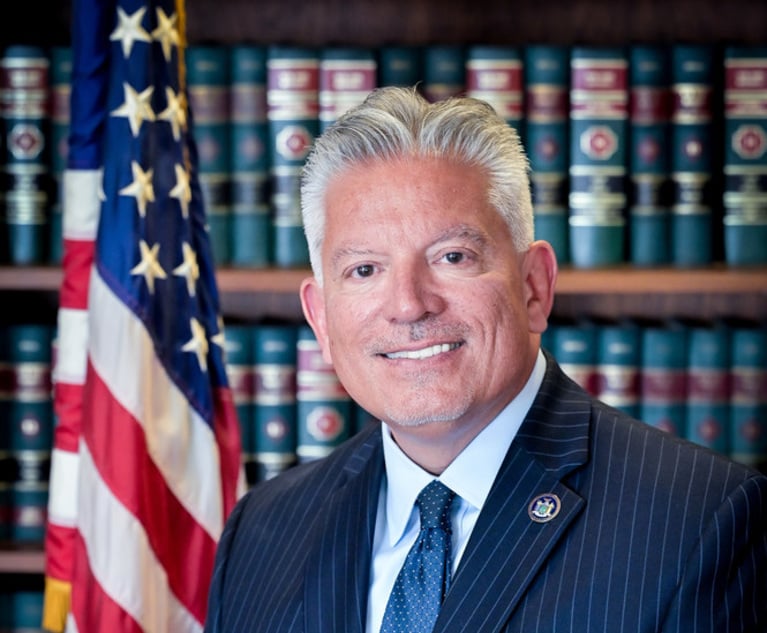When drafting contracts, parties may be inclined to hold the other side to more than just good faith by including language requiring the other side to use its “best efforts” to ensure the contract is fulfilled. At the time of contracting, the parties may have a clear idea of the conduct that would qualify as best efforts, or may believe that it is self-evident when best efforts have been achieved, and as a result feel comfortable in allowing this term to remain undefined in the contract. Doing so, however, may leave a party asserting breach with one less ground upon which to base claim for breach.
New York decisions are not entirely consistent on this issue. Some courts have declined to enforce a best efforts clause where the clause itself has not delineated “objective criteria” or “clear guidelines” by which to gauge whether the efforts were satisfactory, while others have enforced best efforts provisions without such criteria being expressed in the contract.







